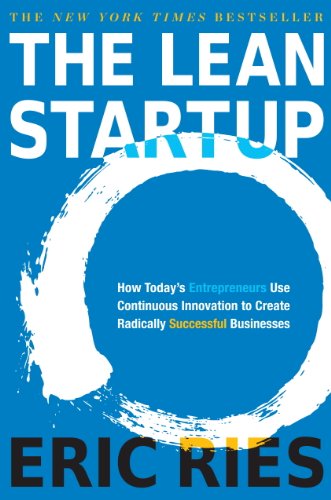

This article is an excerpt from the Shortform summary of "The Lean Startup" by Eric Ries. Shortform has the world's best summaries of books you should be reading.
Like this article? Sign up for a free trial here .
What is a value hypothesis for your startup? What is a growth hypothesis? How do you generate your lean startup hypotheses, and how do you get data to answer them?
Learn more in this excerpt from Lean Startup.
Introduction to Startup Hypotheses
Remember that a startup’s most important function is learning – in particular, learning what the customers really want and what will lead to a sustainable business.
Validated learning is having testable hypotheses about the world, designing experiments to test those hypotheses, and analyzing the data to evaluate your hypotheses. You have real, quantitative data to show what you have learned.
Lean Startup methodology treats building a startup as science, like the normal scientific hypothesis:
- Create a startup hypothesis. What do you believe that’s important to your business?
- Design an experiment to directly test that hypothesis. Run the experiment and gather data.
- Reflect on the data – can you validate or reject your hypothesis?
Your hypotheses should revolve around the most important problem of a startup – how to build a sustainable business around your vision. Commonly, there are two critical hypotheses:
Value hypothesis: does the customer have the problem you’re trying to solve? Does the product actually deliver value to the customer?
Growth hypothesis: how will the company grow once people start using the product?
Value Hypothesis Anecdote: Zappos
During the dot-com boom, it seemed like the internet could be a new commerce platform for everything – books, groceries, even pet supplies. Companies like Webvan started business by building massive infrastructures and supply chains, even before they had proven customer demand.
Zappos founder Nick Swinmurn took the opposite approach. His first action was to test the startup value hypothesis that people actually wanted to buy shoes online.
He took perhaps the simplest approach possible to test his value hypothesis – he went to local shoe stores, took pictures of shoes, and posted them online. If a customer actually bought a shoe, he’d buy the shoe and ship it himself.
Isn’t this brilliant? With virtually zero start-up cost, Zappos tested customer demand. for their value hypothesis They didn’t need to stock warehouses full of inventory and manage supply chain issues. This would have been a waste – they didn’t even know if people wanted to buy shoes.
Furthermore, they measured customer demand in the best way possible –getting people to pay real money. This is a much stronger indication of interest than voicing an opinion on a survey.
From this starting point, Zappos could easily run all sorts of deeper experiments on their value hypotheses and growth hypothesis – what types of shoes do people want? What policies matter most to them? By measuring what people actually do, Zappos can learn true customer preferences.
———End of Preview———

Like what you just read? Read the rest of the world's best summary of "The Lean Startup" at Shortform . Learn the book's critical concepts in 20 minutes or less .
Here's what you'll find in our full The Lean Startup summary :
- How to create a winning Minimum Viable Product
- How to understand how your startup will grow
- The critical metrics you need to track to make sure your startup is thriving






